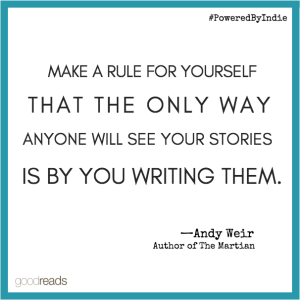
When it comes to self-publishing a book, authors have the option to embrace their true identity or venture into the realm of pseudonyms, alternate names, or pen names to publish a book anonymously. These literary disguises provide authors with a cloak of anonymity or a chance to explore different genres. In this article, we will delve into the world of pseudonyms and discuss the benefits and considerations of publishing a book under a different name.
The Power of Pseudonyms
Publishing a book under a pen name can offer numerous advantages. Let’s explore a few reasons why authors may choose this path:
a) Anonymity and Privacy
How to publish a book anonymously– Some authors desire privacy or wish to separate their personal life from their writing career for one reason or another. Publishing a book with a pseudonym allows them to shield their true identity and maintain a level of anonymity.
b) Genre Exploration
How to publish a book under a different genre– An established author may wish to explore a different genre without confusing their existing readership. Adopting a pen name to publish a book with a different name enables them to experiment with new writing styles and genres without the risk of alienating their current fans.
c) Market Appeal
Publishing a book under a pseudonym can also help authors appeal to a specific target audience. For instance, a well-known romance writer may choose to use to publish with a pen name for their foray into mystery novels, attracting a new set of readers.
The Process of Publishing with a Pseudonym
If you’re considering publishing a book under a pen name, here are some essential steps to follow:
a) Choosing the Perfect Pseudonym
Considerations when selecting a pen name– Brainstorm names that resonate with your book’s genre, themes, or target audience. Ensure the name is memorable and not already in use by another author (or, at least not a famous one).
b) Legal and Copyright Considerations
Copyright protection for pseudonyms– Check copyright laws in your country to understand if pseudonyms enjoy the same protection as legal names. In some cases, authors may need to register their pen names as trademarks to safeguard their rights. In all cases, your self-publishing company is going to need to know your real name (since fake people can’t cash royalty checks).
c) Informing Your Publisher
Communicate with your publisher– Once you’ve selected your self-publishing partner, discuss your intention to use a pseudonym. They will guide you through the necessary steps and ensure proper representation of your chosen pen name. In order for you to maintain your copyright, your copyright page may need to display your real name. If that’s a deal breaker, you will also need to secure an LLC or DBA so you can assign your copyright to that entity on the copyright page.
d) Marketing and Promotion Strategies
Establishing your author platform– Building an online presence and connecting with readers using your pen name is crucial. Create a separate website or social media accounts to engage with your audience while maintaining the mystique of your chosen identity.
While pseudonyms offer a host of benefits, authors should carefully consider the potential drawbacks:
a) Personal Connection
Building a connection with readers: Publishing under a pen name may limit personal connections with readers. If you’re comfortable revealing your true identity, your readers can better connect with you on a personal level.
b) Branding Challenges
Developing a consistent brand: Publishing books under different names may complicate branding efforts. It requires separate marketing strategies for each pen name, potentially dividing your audience.
c) Balancing Multiple Identities
Juggling multiple pen names: If you decide to write under multiple pseudonyms, managing various author personas can be challenging. It requires careful organization and an understanding of each pen name’s unique brand.
In conclusion, writing and publishing a book anonymously by using a pseudonym or penname has its advantages and disadvantages. Whether driven by privacy concerns, safety concerns, genre exploration, or market appeal, self-publishing authors have the opportunity to shape their literary personas.











